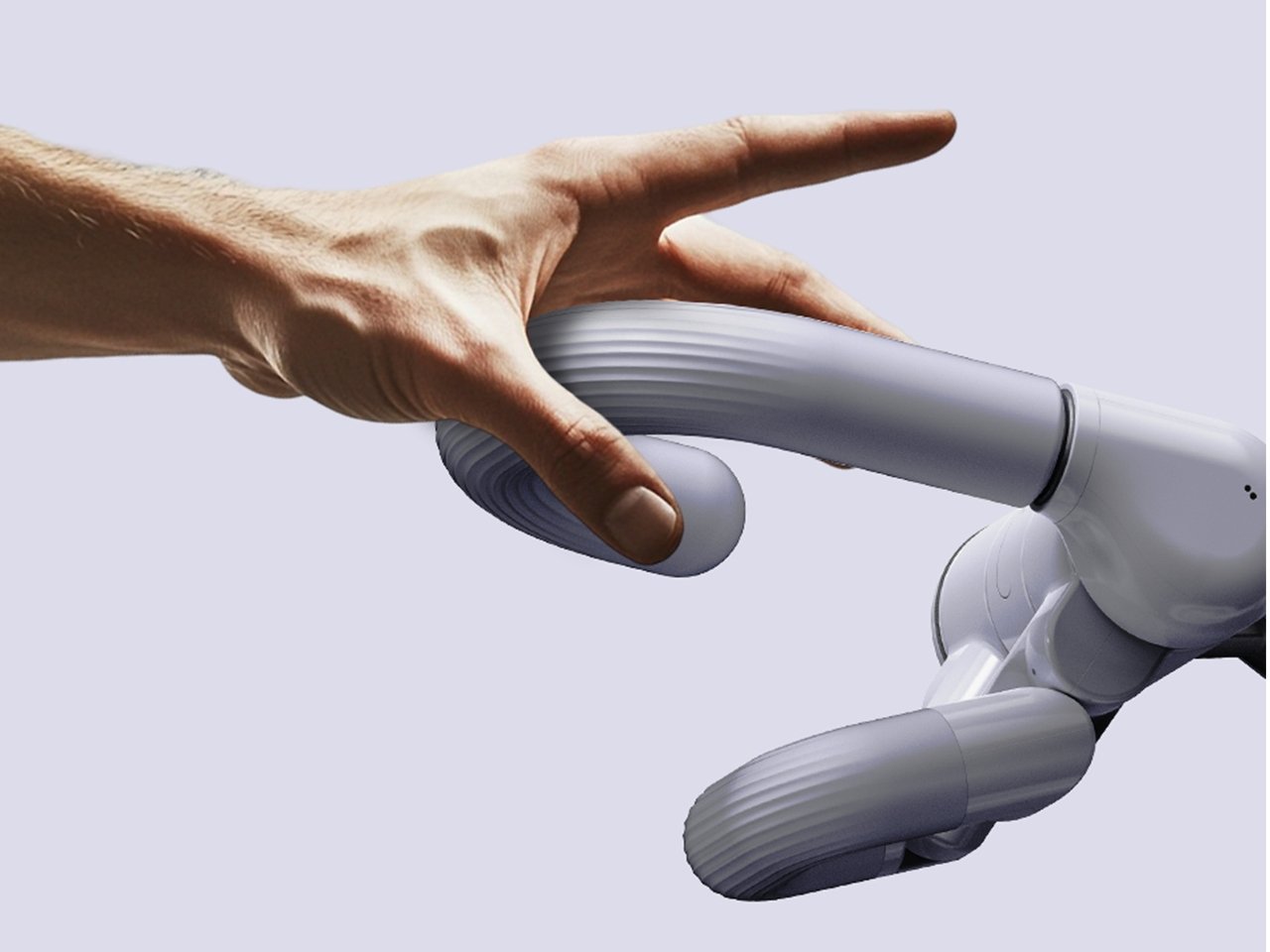Reemo by Yungwon Kang is a groundbreaking home-based robotic arm created to bridge the rehabilitation gap that many patients face after leaving the hospital. While the comfort of home supports emotional well-being and the goal of regaining daily independence, the reality is that nearly 40 percent of patients in rehabilitation end up returning to the hospital due to a lack of adequate care. This is especially true for people recovering from neurological disorders like stroke, Parkinson’s, and ALS, who often struggle with fine motor skills, fatigue, and upper limb discomfort.
Reemo is designed as a medical coaching tool focused on upper limb rehabilitation, guiding users through functional, repetitive exercises in their everyday environments. Unlike traditional therapy tools such as grip balls or clay, which can be limiting and lack feedback, Reemo combines advanced robotics with a user-friendly approach. Its form is not just inspired by the human arm, but is engineered based on essential rehabilitation movements and precise range of motion data, making therapy more realistic and effective for users.
Designer: Yungwon Kang
The robotic arm features multiple axes, allowing it to mimic a wide range of human arm movements. Its soft rubber handle is comfortable to grip, and a built-in gyroscope sensor ensures that wrist movements stay within safe and effective angles, accommodating the specific needs of rehabilitation patients. The head-mounted camera only operates during sessions, collecting valuable data for motion tracking and telemedicine. This allows for remote consultations and helps patients and doctors track progress through a connected mobile app.
During rehabilitation mode, users grip the handle and follow Reemo’s step-by-step guidance for exercises such as wrist supination and pronation, flexion and extension, and arm strength training. Each exercise is designed to mirror daily actions and gradually expand mobility and control. For example, Reemo gently guides the handle for wrist movements, while arm strength exercises replicate motions like opening a drawer, providing safe and controlled resistance. Grip strength is another crucial aspect of recovery. Reemo uses pressure sensors to measure grip in real time, delivering feedback on intensity and progress. Its auto-lock system stabilizes the handle and adjusts resistance, ensuring that every session is personalized for safety and effectiveness.
Reemo is also able to empower users to take control of their rehabilitation journey. Many patients report that the hardest part of recovery is not the physical pain but the loss of agency and independence. By acting as a familiar, accessible tool rather than a replacement for human effort, Reemo supports users in reclaiming their confidence and capability. Its Assistant Mode even helps with daily tasks that might otherwise require caregiver support, recognizing that true recovery is about regaining the ability to do things on your own. Reemo transforms the rehabilitation experience from a passive process into one where users can proudly say, “I did it myself.” Yungwon Kang’s innovative design not only addresses the critical needs of home-based rehabilitation but also brings hope and independence back into daily life for countless patients.
The post Home robotic arm can revolutionize rehabilitation first appeared on Yanko Design.

